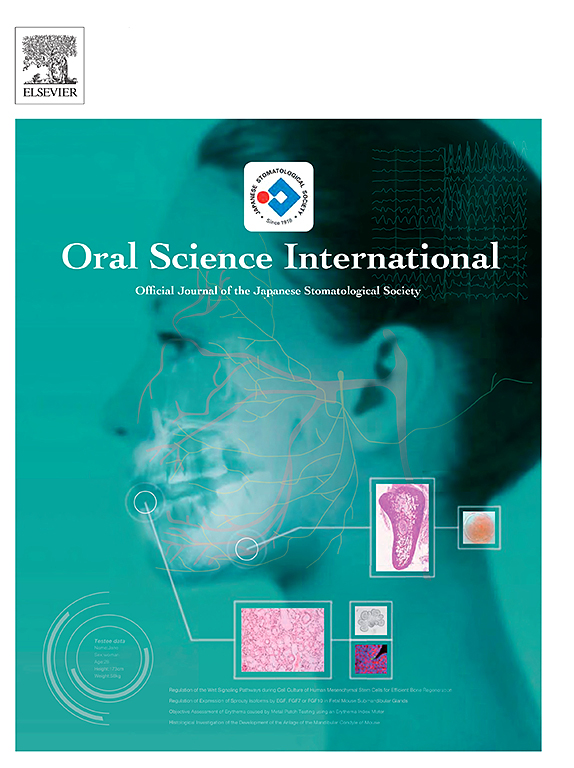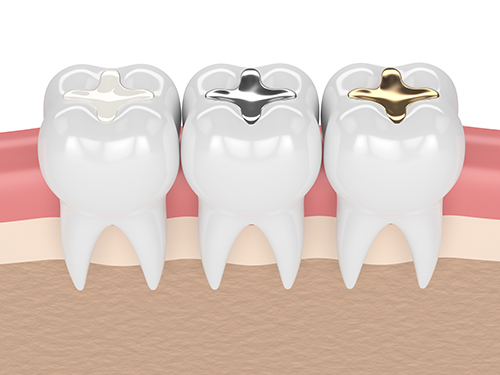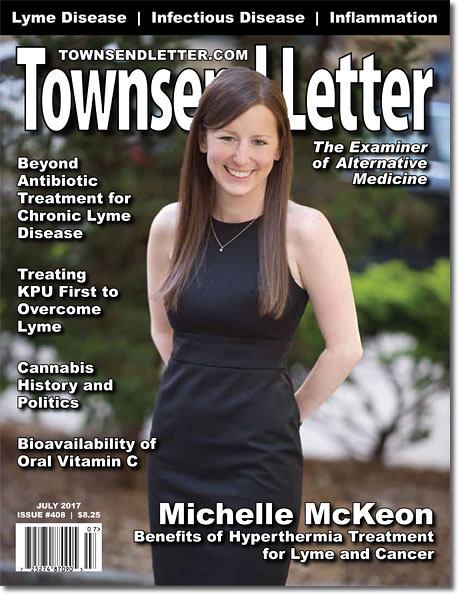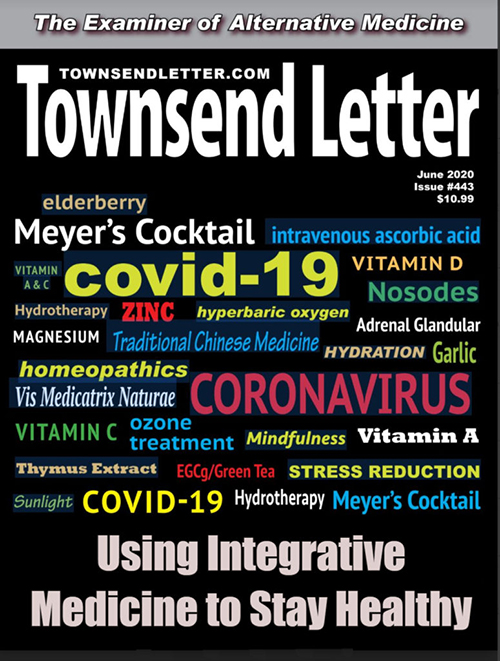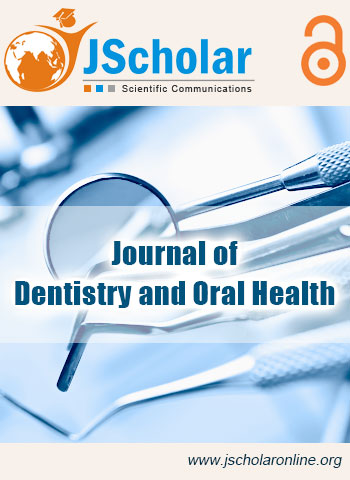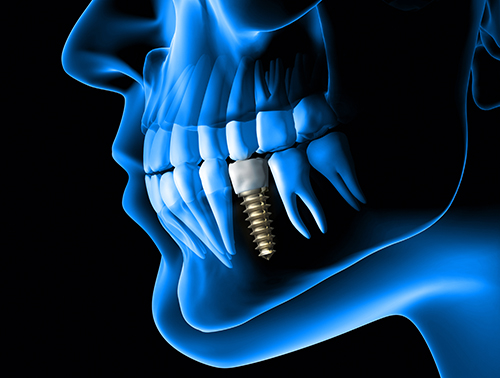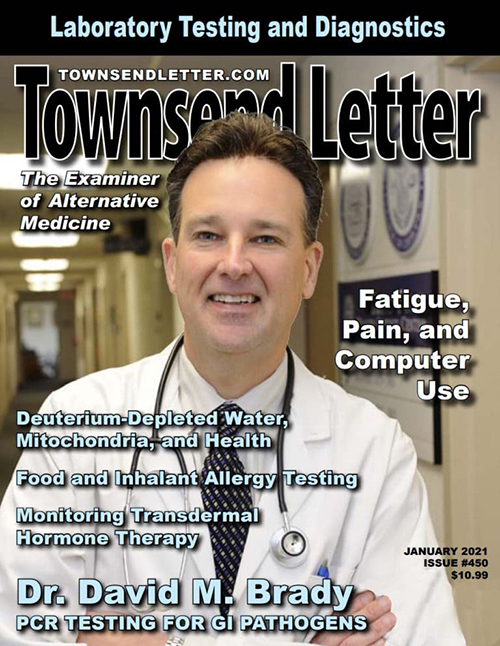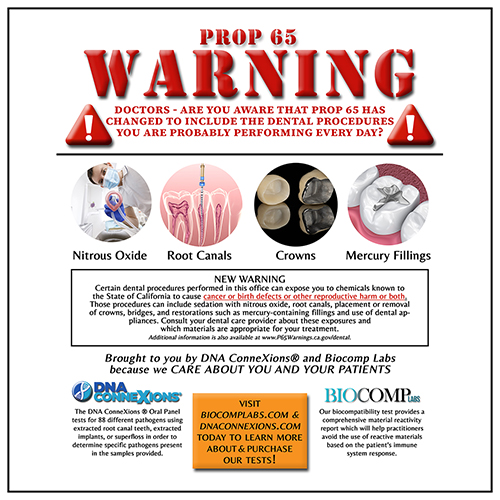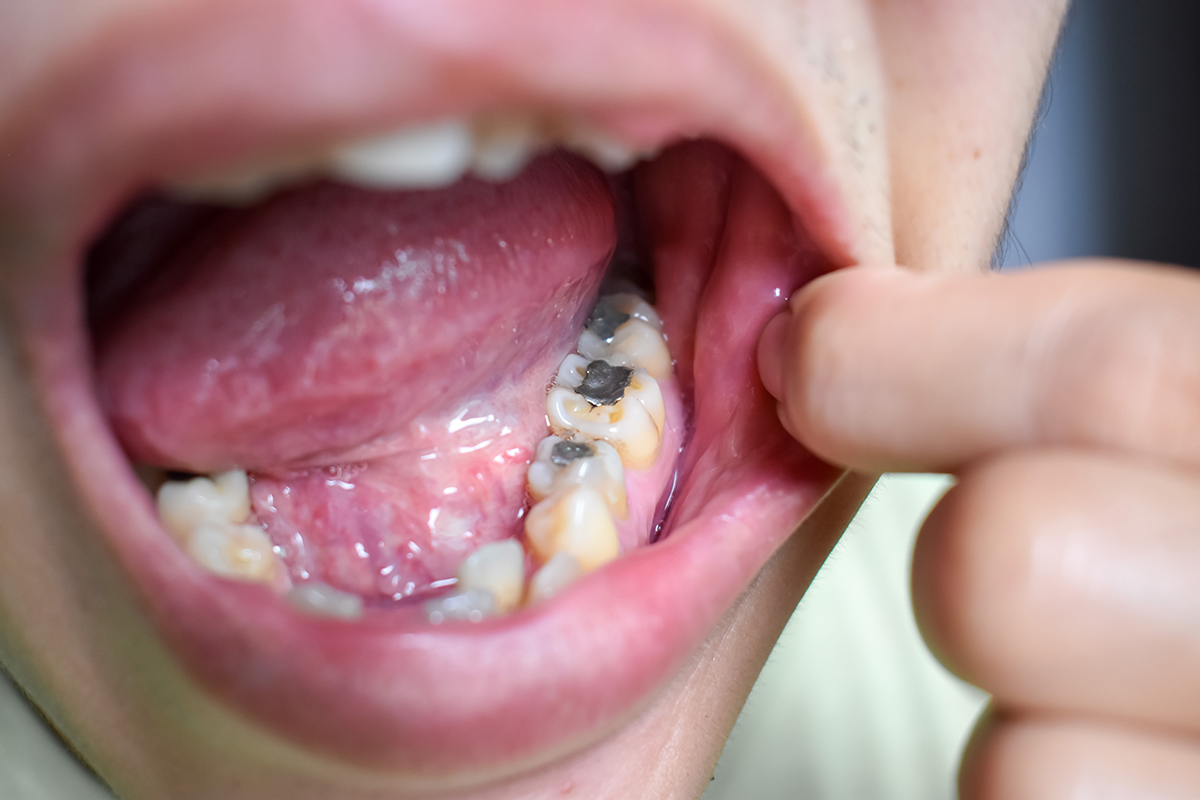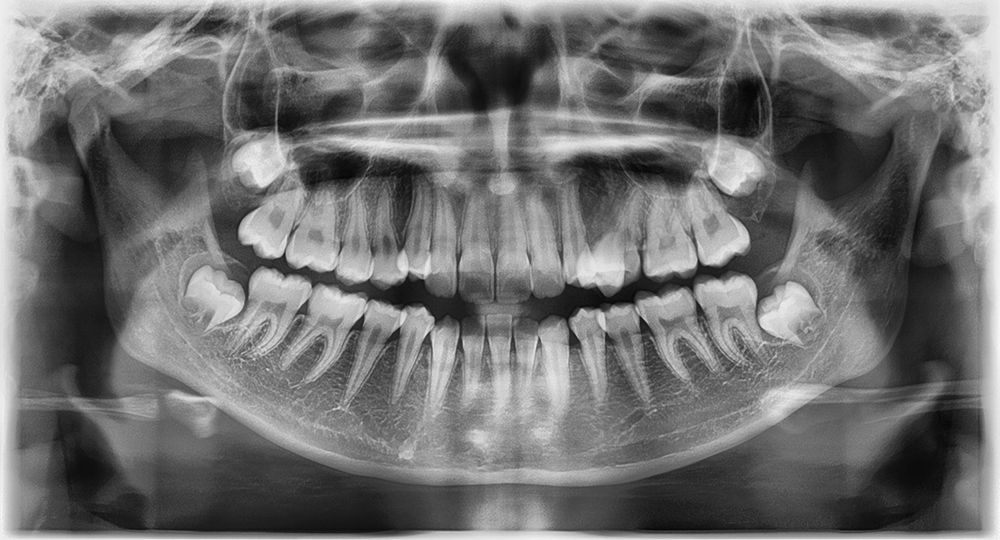
If it seems that many popular dental procedures may have many negative long-term outcomes, you would be correct. Dr. Hal Huggins knew from decades of clinical research and clinical observation that restoring the mouth as holistically as possible, would be the best solution for the patient’s health. He found that the least invasive procedures performed using the most biocompatible m
Your third molars are commonly known as “wisdom teeth” and they generally erupt between the ages of 17 and 23.
One of the most common practices amongst dentists is to remove wisdom teeth as soon as they start to come out, whether they are hurting the patient or not. In medicine and dentistry, this is referred to as a “prophylactic” treatment, in other words, it is done to prevent some unforeseen future problem, but does it really? That is the ultimate question! Curiously, wisdom teeth extraction is the norm for dentists and oral surgeons, however, in the medical profession, tonsils and appendix were taken out prophylactically until they realized the importance of these organs to the immune system, and the practice was stopped. The dental profession is still recommending removing body parts, “just in case” …
What is often under-reported or even discussed with the patients, are the complications that can occur in the mandible from these extractions which includes, iatrogenic (caused by the dentist) problems such as nerve injury, bone fractures, or inflammatory ones, such as, postoperative pain, dry sockets, delayed healing, postoperative infection, hematoma, swelling, trismus, permanent numbness, etc.
It has been reported that early removal of wisdom teeth is actually more traumatic than simply leaving asymptomatic, non-pathologic teeth alone, in other words, if it doesn’t hurt leave it be. The reality is that millions of healthy young people are having unnecessary wisdom teeth extractions each year. The number of extractions far exceeds any possible increase in trauma on those patients who actually need these teeth extracted.
The American Association of Oral and Maxillofacial Surgeons suggests that removal of wisdom teeth may prevent periodontal disease from originating around the wisdom teeth and then spreading the disease forward in the jaw. In fact, 48% of those who had healthy periodontal status before the removal, had worsening of their periodontal measures after. Research has also found that at least 2/3rds of these extractions are not necessary and had no evidence of wisdom teeth infection or pathology to necessitate the justification of so much surgery, in this notably multibillion-dollar industry!
The following is a list of common wisdom teeth myths:
1) Wisdom teeth have a high incidence of pathology
2) Early removal of wisdom teeth is less traumatic (true for everyone except the person having the surgery)
3) Pressure of erupting wisdom teeth causes crowding of anterior teeth
4) There is little risk of harm in the removal of wisdom teeth
Number four may be the most egregious myth of all since the reality of serious risks include injuries such as broken jaws, fractured teeth, damage to the temporomandibular joints, temporary and, especially, permanent paresthesia or dysesthesia (numbness and dysfunction of the lower lip and the tongue). The fact that adjacent teeth can be fractured or damaged in some way, should have everyone who has had this procedure done outraged and concerned as to how this may affect their long-term dental health, which is directly linked to whole-body health.
In Chinese medicine the wisdom teeth are connected to the:
- Heart
- Small intestine
- Endocrine gland
- Pericardial
- Anterior pituitary (upper only)
If the wisdom teeth are extracted with the use of epinephrine, then there is the additional risk of necrotic bone forming where the newly formed socket is supposed to form new bone. Necrotic or dead bone does not grow new bone. If the socket does not fill in completely, then it forms a cyst-like area in the jawbone called a “cavitation”. These cavitations are areas of chronic infection and can affect the organs listed above.
It has been concluded that it is much safer to go for a checkup every year or so, versus having unnecessary wisdom teeth extractions. By doing this, the patient can avoid the potential risks involved from wisdom teeth extractions that can occur.
BUT, if you have a laterally impacted wisdom tooth, meaning that it is lying on its side and is never going to be able to erupt straight up, then YES, you should absolutely have the tooth extracted! The reasons why are the subject for another whole article.
References:
1). Tsuei JJ. A Modern Interpretation of Acupuncture and the Meridian System. (1998). 2nd International Conference on Bio-electromagnetism. Melbourne Australia
2) Friedman Responds. (2008) Am. J. Public Health. 98(4): 582
3) Friedman JW, (2007) The Prophylactic Extraction of Third Molars: A Public Health Hazard. Am. J. Public Health. 97(9): 1554-1559
4) https://www.thepricer.org/wisdom-teeth-removal-cost/


